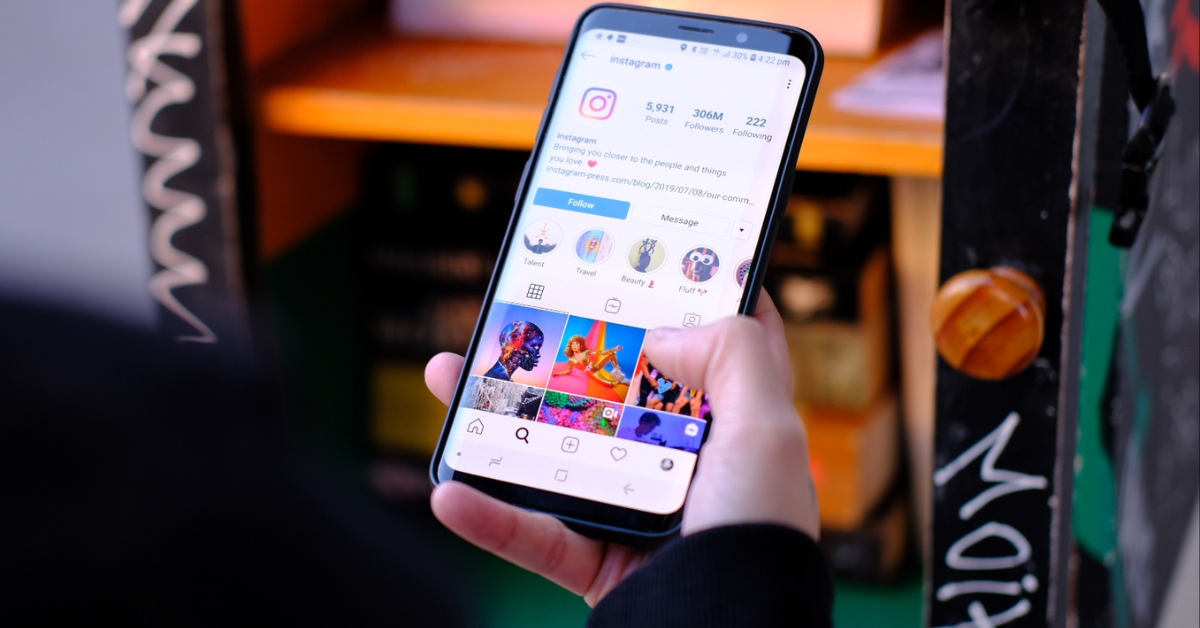Working remotely has become a lifestyle for many of us in recent years, offering flexibility and convenience. However, it can also blur the lines between work and personal life, making self-care a crucial aspect of maintaining balance and well-being. As a remote work professional, I’ve learned the importance of prioritizing self-care to stay productive and maintain my mental and physical health. In this article, I’ll share my personal journey and the strategies I’ve adopted to practice self-care effectively while working remotely.
Also Read: How I make it through a workday at Home smartly!

Setting Boundaries
One of the biggest challenges of remote work is establishing clear boundaries between work and personal life. When your office is your home, it’s easy for work to spill over into your personal time. To combat this, I’ve implemented the following strategies:
Designating a Workspace
I have a dedicated workspace in my home where I work. This not only helps me focus but also signals the start and end of my workday. Once I leave that space, I mentally detach from work.
Creating a Schedule
I establish a daily routine with set working hours. This routine includes breaks and a clear endpoint to my workday. Having a schedule helps me manage my time effectively and prevents burnout.
Prioritizing Physical Health
Remote work often involves long hours of sitting in front of a computer, which can take a toll on your physical health. Here’s how I prioritize my physical well-being:
Regular Exercise
I incorporate physical activity into my daily routine. Whether it’s a morning jog, yoga session, or a quick workout, exercise helps me stay energized and reduces stress.
Ergonomic Setup
Investing in an ergonomic chair and an adjustable desk has been a game-changer. Proper posture and comfort are essential for preventing backaches and other physical issues.
Healthy Eating
I pay attention to my diet and avoid the temptation to snack all day. Preparing balanced meals and staying hydrated keeps me focused and energized.
Mental Health Matters
Maintaining good mental health is crucial for remote work professionals, and there are several practices I follow:
Regular Breaks
Taking short breaks throughout the day to clear my mind is essential. I step away from the computer, go for a walk, or meditate to recharge and reduce stress.
Social Interaction
Remote work can be isolating, so I make an effort to stay connected with colleagues and friends. Virtual coffee breaks or video chats help me combat loneliness.
Mindfulness and Meditation
I practice mindfulness and meditation techniques to stay grounded and reduce anxiety. These practices help me manage stress and improve focus.
Managing Workload
Remote work can sometimes lead to overwork due to the absence of physical boundaries. Here’s how I manage my workload effectively:
Prioritizing Tasks
I use task management tools to organize my work and prioritize tasks. This helps me focus on what’s important and avoid getting overwhelmed.
Setting Realistic Goals
I set achievable daily and weekly goals. It’s crucial to be realistic about what can be accomplished in a given time frame to avoid burnout.
Learning to Say No: I’ve learned to say no when my plate is already full. Overcommitting can lead to stress and reduced quality of work.
Continuous Learning
Remote work offers the advantage of flexibility, allowing me to invest time in self-improvement and skill development. Here’s how I make the most of this opportunity:
Online Courses
I regularly enroll in online courses to enhance my skills and stay updated with industry trends. These courses are not only professionally beneficial but also personally fulfilling.
Reading and Research
I allocate time for reading books, articles, and research related to my field. This helps me stay informed and inspired.
Networking
I actively engage in online communities and attend virtual conferences to connect with like-minded professionals and learn from their experiences.
Taking Regular Time Off
Just because you work remotely doesn’t mean you should skip vacations or time off. Here’s how I ensure I take regular breaks:
Planning Ahead
I schedule vacations and time off well in advance, making sure my workload is manageable during my absence.
Unplugging Completely
When on vacation, I make a conscious effort to unplug from work entirely. This allows me to recharge and come back refreshed.
Utilizing Paid Time Off
I take advantage of paid time off provided by my employer. It’s there for a reason, and using it is essential for maintaining work-life balance.
To Sum Up
Practicing self-care as a remote work professional is not a luxury; it’s a necessity. By setting boundaries, prioritizing physical and mental health, managing your workload effectively, continuously learning, and taking regular time off, you can create a balanced and fulfilling remote work experience. Remember that self-care is an ongoing process, and it’s essential to tailor your strategies to your unique needs and circumstances. Ultimately, when you prioritize self-care, you’ll not only excel in your remote work but also enjoy a happier and healthier life.
- Are Google Certificates Worth Your Career Investment? - May 5, 2024
- How to Find and Fix Broken Links: A Comprehensive Guide - April 26, 2024
- Dynamic Pricing Strategies: Using AI to Optimize Pricing in E-commerce - April 9, 2024



